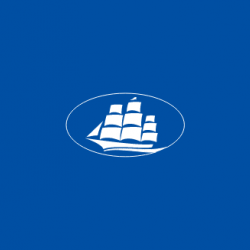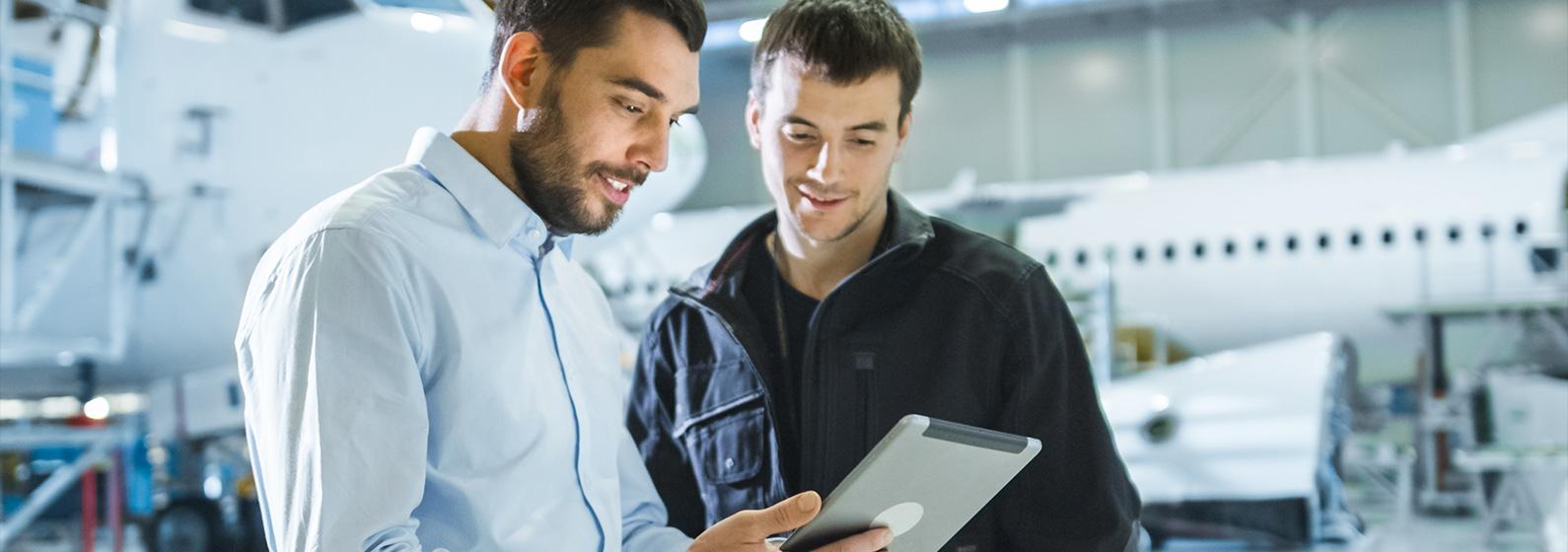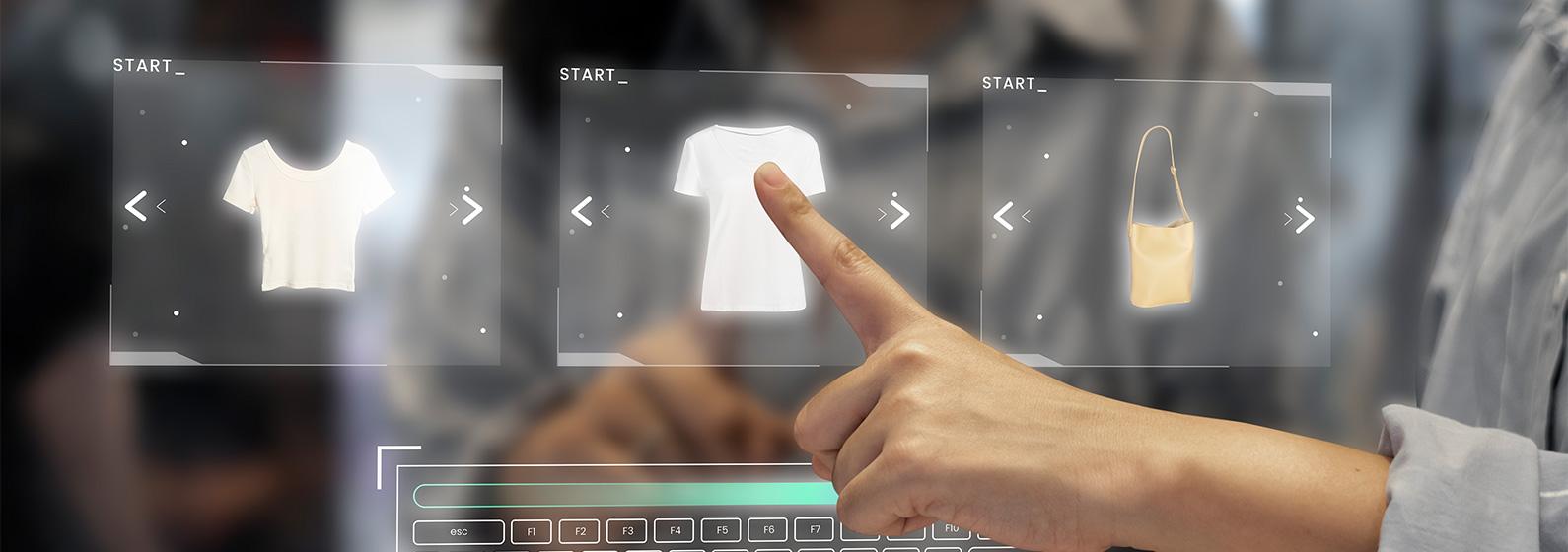Managing a hotel or a gastronomic establishment requires a holistic approach to every aspect of the operation, from strategic planning to cost optimization and customer service. The HoReCa industry (Hotels, Restaurants, Catering) demands their managers to possess competencies that contribute to building a competitive position in the market. How can business owners and managers enhance the effectiveness of their actions?
Thoughtful Strategy
Strategic planning in the HoReCa industry allows business owners and managers to develop cohesive frameworks for action, set the goals, and determine the direction of growth. The first step is to understand the business environment. Environmental analysis involves assessing external factors such as market trends, competition, customer preferences, and legal regulations and industry norms. It is essential to thoroughly research current and changing consumer preferences and tailor the offerings to meet their expectations.
The foundation of any good business strategy is a realistic vision. It serves as an internal compass that guides decisions and actions. The vision is a plan for the future, primarily focusing on long-term goals and value creation for customers. For example, when planning to start a business, consider whether the long-term goal is to open a chain of cafés targeting business customers or focus on a local business catering to families with children. The business strategy's vision serves as a reference point when making strategic decisions, helping owners and managers identify areas for development, necessary investments, and alignment with the company's goals.
Cost Control
Cost control is a key element of effective management in the HoReCa industry. Limiting and optimizing costs helps to increase profitability and operational efficiency. One crucial step in this regard is a thorough budget analysis, which helps identify major areas for potential savings. All operational costs should be considered, such as rent, utilities, supplies, personnel, marketing, and other business-related expenses. To optimize costs, businesses can conduct energy audits, renegotiate energy supply contracts, leverage bulk purchasing discounts, or establish optimal inventory management strategies. Cost control also requires monitoring and analyzing financial data to efficiently track expenditures and identify areas for corrective actions.
Technology and Process Automation
Modern technologies play an increasingly significant role in the HoReCa industry, enabling businesses to enhance operational efficiency, improve customer service, and create new experiences. For instance, virtual reality (VR) and augmented reality (AR) can be utilized to offer interactive experiences to customers, such as virtual tours of restaurants or personalized AR menus. Another interesting solution is self-service kiosks that allow customers to place orders, customize dishes, and make payments independently. These kiosks are an excellent choice for businesses focusing on product and service sales.
In addition to creating customer experiences, businesses should focus on using modern technologies to automate repetitive tasks in gastronomic establishments or hotels. This includes order processing, reservations, payment systems, and inventory management. Automating these tasks saves time and resources and reduces the risk of errors. More and more businesses in the HoReCa industry are tapping into the potential of artificial intelligence. Data analysis, particularly in personalizing offers for customers placing orders through online systems, is a prominent example. AI-powered tools allow businesses to monitor customer preferences, buying trends, and evaluate the effectiveness of marketing efforts.
Outstanding Customer Service
Exceptional customer service plays a crucial role in the HoReCa industry. In here too, the potential of artificial intelligence can be harnessed. One possibility is chatbots, which enable quick online customer support. Virtual assistants can answer frequently asked questions, provide information about the menu, opening hours, services, and accept reservations. Another convenience for customers is the ability to make online reservations through the website, mobile app, or booking platform. This not only facilitates customer experiences but also enables easy and swift reservation management for the staff. Mobile apps can also be utilized to collect loyalty points from customers, which is perhaps the simplest and most effective way to boost product or service sales. In the highly competitive gastronomy industry, where customers may choose a different restaurant or hotel each time, loyalty programs can be a game-changer.
Effective Marketing
Management in the HoReCa industry is closely related to marketing activities. Marketing plays a key role in building brand awareness, attracting and retaining customers, and consequently increasing product or service sales. The first step in effective marketing is understanding the needs of the target audience. Market research can provide data and insights on the preferences, behaviors, and expectations of potential customers. Different methods, such as surveys, interviews, and competitive analysis, can be used to gather relevant data. Based on the collected information, the market can be segmented into different target groups with similar characteristics and preferences. Segmentation can be based on demographic criteria (e.g., age, gender), psychographic criteria (e.g., lifestyle, values), and behavioral criteria (e.g., frequency of restaurant visits, preferred types of dishes).
The next step is to tailor the advertising message and promotion channels to the preferences of the target audience. Consider what is important to them and what benefits they can gain from using the services. Creating a professional website and maintaining social media profiles is not enough. Attention should be paid to referral marketing, encouraging customers to leave reviews on external portals. Other effective promotional strategies include word-of-mouth marketing, viral marketing, influencer marketing, contests, organizing special events, or food tastings in the restaurant.
Keeping Up with Trends and Continuous Development
HoReCa is a highly dynamic sector influenced by various factors such as the economic situation, changing customer needs, seasonality, growing competition, legal regulations, or increasing operational costs. Every entrepreneur and manager should be prepared for changes in management methods or marketing strategies. To meet market demands and maintain competitiveness, it is essential to continuously acquire new knowledge, enhance competencies, and leadership skills. Participation in training programs allows managers to develop management skills such as planning, organizing, delegating, communication, and problem-solving. Training can also focus on specialized areas such as human resource management, customer service, marketing, or financial management.
Individuals who want to strengthen their management competencies in the HoReCa industry are invited to apply for the HoReCa Manager postgraduate studies. The program focuses on equipping participants with knowledge and skills to effectively manage businesses. The classes are led by experienced practitioners from the hotel and gastronomy industry. Graduates will not only gain know-how but also participate in workshops at the Transgourmet Culinary Institute.








